Women treated as ‘second-rate’ parliamentarians, says Dr Nafisa
Female lawmakers to launch protest over discrimination in doling out development funds
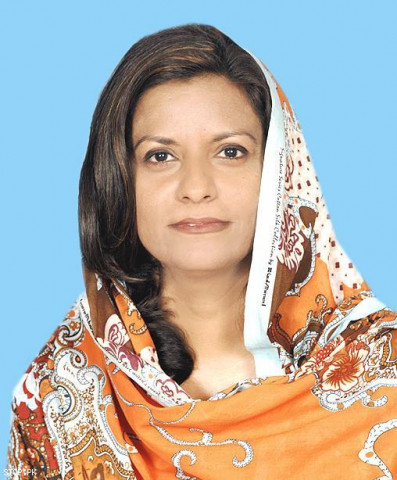
Dr Nafisa Shah. PHOTO: FILE
Dr Nafisa Shah, the daughter of Sindh Chief Minister Qaim Ali Shah, represents the Pakistan Peoples Party (PPP) on a seat reserved for women. One of the most active members of the lower house, Shah has vociferously raised her voice against the discrimination of women in parliament, supporting laws that ensure women get sizeable representation on general seats.
Female lawmakers outdo male counterparts
In an interview with The Express Tribune, Shah complained a number of women-specific laws introduced by her fellow lady lawmakers have long been pending before parliament, with some of them having lapsed due to not being passed on time. For instance, the anti-rape and anti-honour killing bills lapsed last year after the tenure of their mover, Senator Sughra Imam, ended. Her bills were passed in the Senate but could not make it through the National Assembly despite the former senator trying her best to make it happen before her term ended in March last year.

A bill on the protection of women similar to the one recently passed by the Punjab Assembly was introduced by PPP MNA Yasmeen Rehman. Though the bill was adopted by the National Assembly, it wasn’t cleared by the Senate and the mover’s term eventually expired, resulting in its lapse.
Shah claims she has been striving to muster support of all political parties over another important law: one that seeks more representation of women on general seats. During the last federal government’s tenure, when Shah’s party was in power, Shah as the secretary of the women caucus tabled a bill in the National Assembly that would have a fixed quota for women when political parties award tickets to candidates on general seats. The bill was sent to the Standing Committee on Parliamentary Affairs, which consequently approved it. However, parliament did not take it up even three years after the committee endorsed it. The proposed law was unanimously supported by all women parliamentarians through their caucus, a forum representing women parliamentarians across party lines.
“You cannot empower women politically, unless you give them a share in general representation. We have been demanding a quota on general seats. This government stopped funds of women parliamentarians elected on reserved seats. They (the government) say you do not have a constituency, thus you cannot be given funds,” says Shah, who also heads the human rights committee of her party. “This is not only discriminatory, it is also insulting. It makes women second-rate parliamentarians. It’s like treating us as secondary citizens.”
Female presence in parliament
Shah claims the practice started when the incumbent government assumed power in 2013. Women parliamentarians have been raising the issue for the past two years, but their voice is not being heard, she adds. “It exposes their so-called liberalism. This did not happen during our government, or in Musharraf’s regime,” she said while firing a salvo at the PML-N government.
Male parliamentarians get discretionary funds on the pretext they have to carry out development in their constituencies. Even those nominated on seats reserved for minorities are given funds, based on the influence they yield in the government. This irks Shah. She says development funds should either not be given, or should be given to all parliamentarians irrespective of their gender.
“When it comes to voting in parliament, a woman’s vote is equal to that of her male counterpart. Be it the election for prime minister, voting on any bill or any amendment in the Constitution. The Constitution says there shall be no discrimination of the basis of sex. Yet, you are clearly discriminating against one-third of parliament,” laments Shah.
Woman lawmakers protested against discrimination last year and were supported by all opposition parties. They now plan to launch a combined protest movement once again. “It is not a matter of money. The issue is you are not treating women parliamentarians as equals. In principle, I am against constituency development funds. But if you are giving it, it should be strictly regulated and monitored. It could be some token amount, but it should be equal for all members. You cannot pick and choose and discriminate,” says Shah.
Shah lauded the Punjab Assembly for recently passing a bill on the protection of women against domestic violence, albeit with cautious optimism. She noted that the National Assembly was yet to pass such a law. “This is not the first time this law has been passed. The same law was passed in Balochistan and Sindh. I am not sure there was such a debate [when it was passed by those assemblies].”
Sindh adopted the law a year ago. Implementation, however, is lacking because the rules of business are yet to be framed. Shah blames a sluggish bureaucracy. In her view, such laws should first be introduced in the Centre, with provinces following suit.
Published in The Express Tribune, March 21st, 2016.

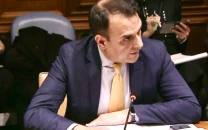
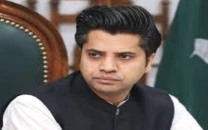
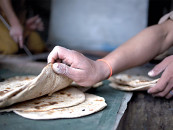
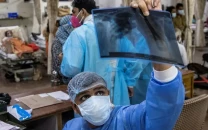
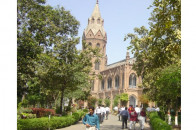
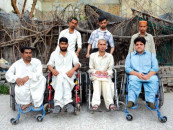




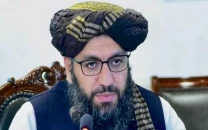







COMMENTS
Comments are moderated and generally will be posted if they are on-topic and not abusive.
For more information, please see our Comments FAQ